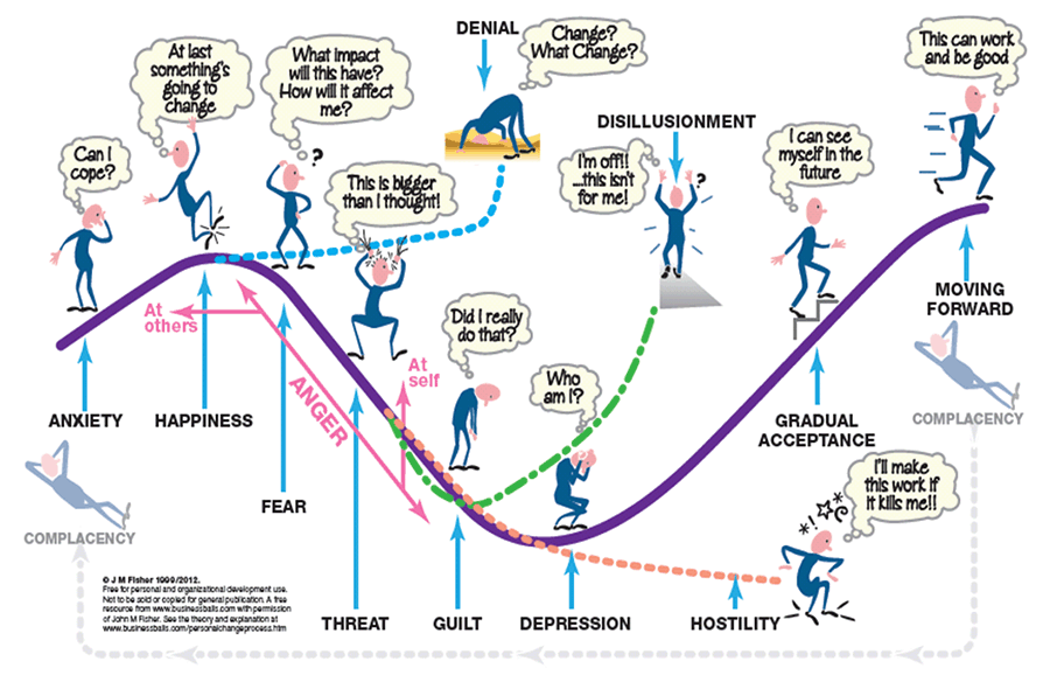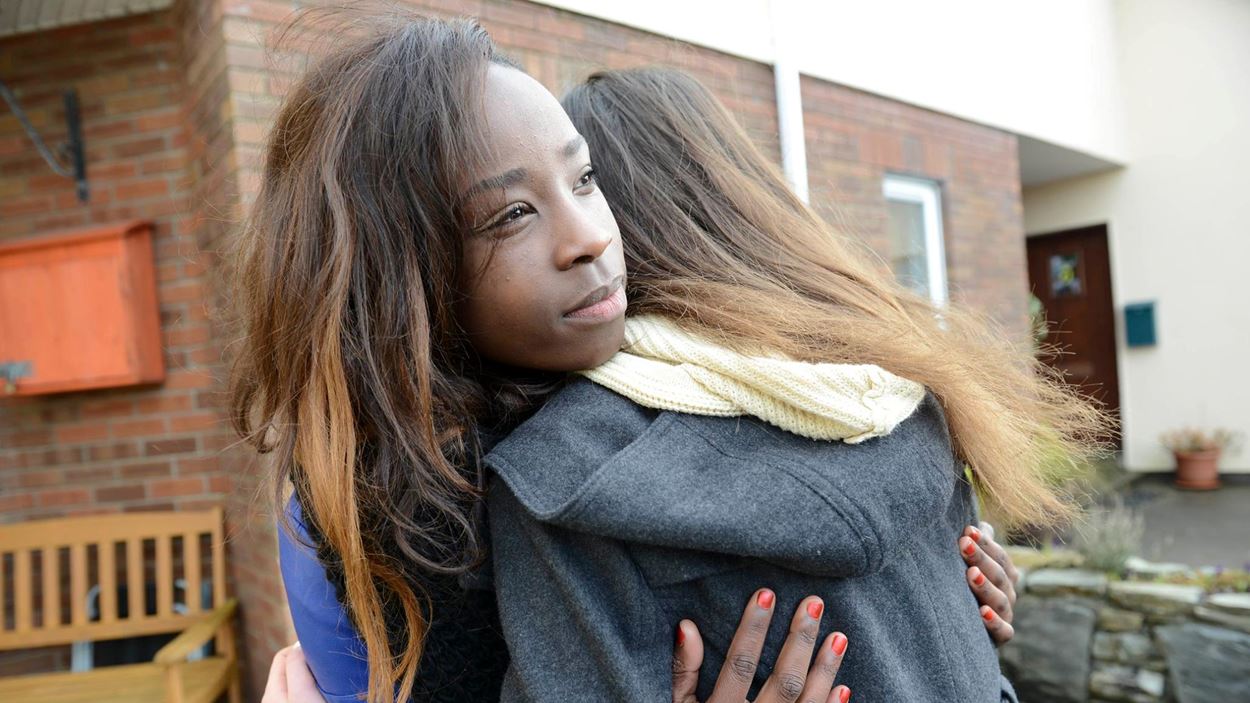Watch Dr Kate Blakeley, Clinical Paediatric Psychologist, Royal London Hospital, talk about living and coping with IBD
Some psychological issues that young people with IBD may be prone to are depression, anxiety, social isolation, altered self-image, family conflict, medication adherence problems and school absences. It is perhaps not surprising that young people with IBD may be affected by:
- anger about IBD symptoms and treatment
- body image
- fatigue
- lack of control over school and extracurricular activities
Dr Charlotte Merriman, senior clinical psychologist at Sheffield Children's Hospital, talked to CICRA families about psychological issues that can affect those with IBD. Dr Merriman said that we all have a set of beliefs to cope with short-term illness, ie: illness + treatment = recovery. But chronic illness requires a different set of beliefs and people need different strategies to cope with IBD. She said that IBD is a journey and advised young people to imagine that they were going on holiday but when they got off the plane they were somewhere different, somewhere they never wanted to be. She said that feeling cross and upset is a natural response and that it takes time to get your head around your diagnosis - whether you're a parent or a young person.
She said that some may try to carry on life as if they didn't have a chronic condition. Teenagers don't want to have IBD and can feel anger and then perhaps low mood may hit. But after that phase can come acceptance - the young person sees that they can start doing things even though they have IBD. Dr Merriman said that the process is not linear - relapse can throw someone back into the anger phase. She emphasised that it's important to let go of the old and learn to accept the new you - and this journey doesn't have to be all bad.

sources of psychological support for children with inflammatory bowel disease
It is not unusual for people dealing with a chronic condition to find their mental health is impacted. Although it can feel isolating, there is a lot of support available and here are some suggestions:
- if your clinic has a specialist nurse, speak with them as they may have seen other patients who have experienced similar situations
- it can be helpful to talk with others so you feel less alone. CICRA can help with:
- epals for young people
- sessions at our family days for young people to talk about their experiences
- sessions at our family days for parents on living and coping with IBD
- we usually have a psychologist talking at our family days
For more information on any of these, contact us and tell us which you would be interested in.
The NHS offers lots of advice and support on mental and emotional health, stress and anxiety:
- Although they don’t cover the specifics of IBD, other mental health charities can offer a listening ear, too. Young Minds has a parents helpline: 0808 802 5544 (Monday to Friday 9.30am – 4pm, free for mobiles and landlines)
- Other sites and organisations that can be helpful for young people with mental health concerns:
- Anna Freud Centre and especially for young people On My Mind
- CAMHS
- Rethink
- Samaritans: Phone 116 123, 24 hours a day, or email jo@samaritans.org, in confidence
- Childline: Phone 0800 1111. Calls are free and won't show up on your bill
- PAPYRUS: A voluntary organisation supporting teens and young adults. Phone 0800 068 4141
- Bullying UK: for children and parents concerned about bullying
- Some hospitals may offer youth forums and other ways for young people to meet with other children who have a health condition that affects their everyday life.
If a child is developing emotional or behavioural problems, a general practitioner (GP) can refer to the local child and adolescent mental health service for specialist advice. They may suggest that some family work could be helpful.
